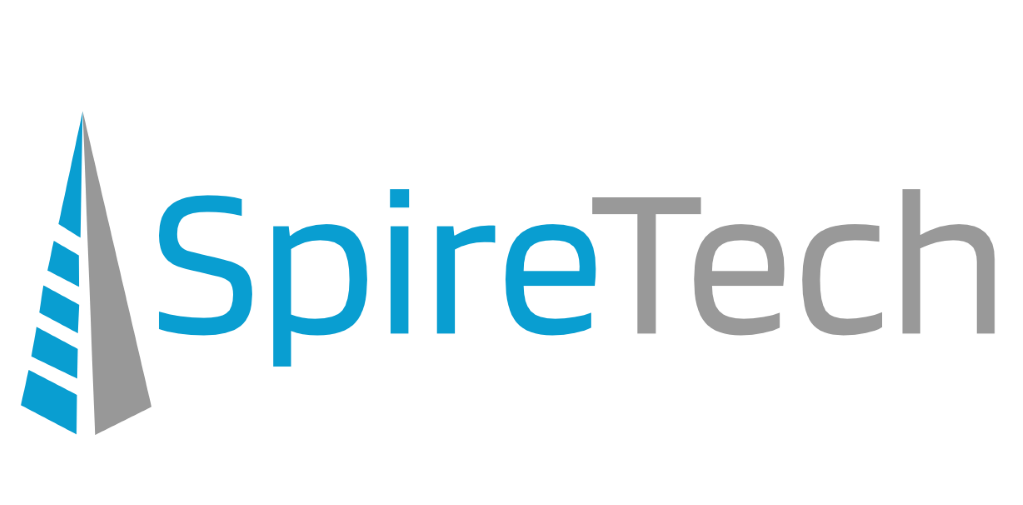 A few months ago, we reviewed the open-source package OwnCloud. Since then, we’ve been through a few version updates and bugfixes, and are unhappy to report that Owncloud is not ready for prime-time yet. Our main beef at this point involves file duplication, which is a known bug which has yet to be fixed. The good news is that several other issues have been addressed by the development team, so perhaps the problem will be rectified soon.
A few months ago, we reviewed the open-source package OwnCloud. Since then, we’ve been through a few version updates and bugfixes, and are unhappy to report that Owncloud is not ready for prime-time yet. Our main beef at this point involves file duplication, which is a known bug which has yet to be fixed. The good news is that several other issues have been addressed by the development team, so perhaps the problem will be rectified soon.
So, we decided to review the commercial package Egnyte, which is a “Hybrid Cloud” (we know, this is an overused/abused term) software. It is available in both on-premise and cloud-hosted versions. It allows dropbox-like functionality, with enterprise-class security and administrative features, and the usual array of mobile and desktop sync clients. The free iPad client has a nice user interface and viewers for common file types.
It is configurable for both bandwidth use and hours of day, so that you can schedule synchronization to occur when it is best for you, eg. at late at night.
Egnyte includes a drive map utility, which allows you to map a drive letter to your cloud storage on the internet. It uses webdav to communicate with the server, which causes programs like Word to prompt for your credentials again. When saving, it can be a little confusing as to where the file is actually going – but the feature does appear to work and allows you to edit files directly on the cloud server.
I did intentionally attempt to create a version conflict with Egnyte by editing the file in multiple locations at once. There was no warning when this occured, and although neither version “stomped” on the other (Egnyte maintains a version history), important updates by a co-worker may have been missed in a multi-user environment. Another annoyance is that regardless of your desires relating to where the data is stored, it is always replicated to the Egnyte datacenter(s), even if you don’t want it to be. This incurs per-user monthly or annual fees, even if you are hosting Egnyte on your server internally.
We’ll continue to evaluate Egnyte, and perhaps put it into production at some of our clients. Let us know if you are interested in evaluating it.
